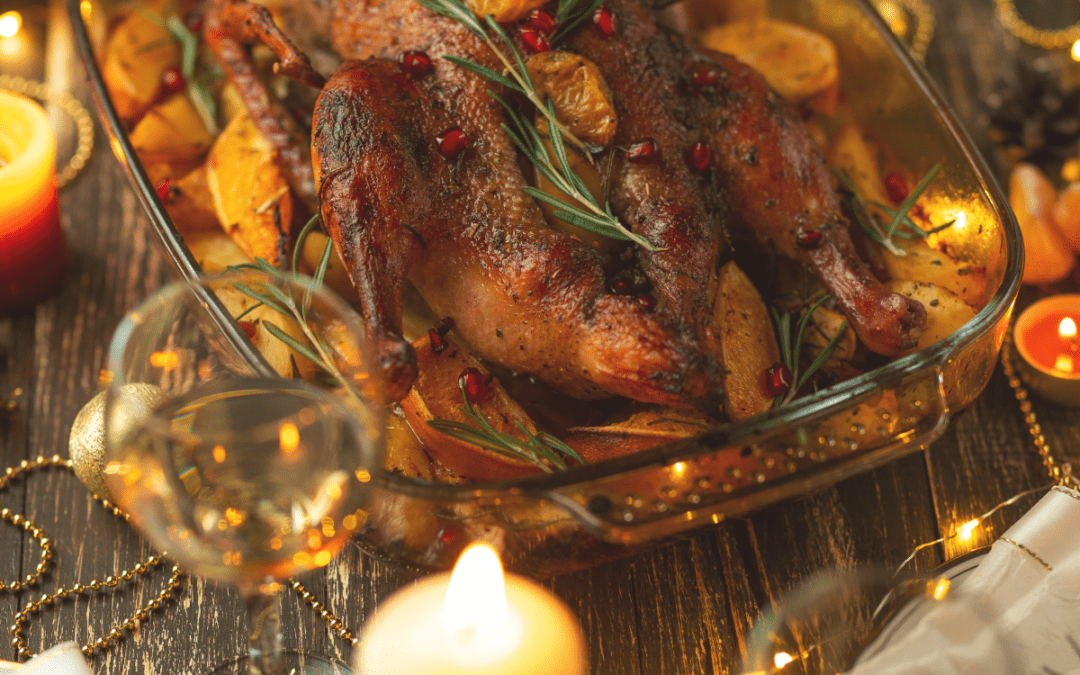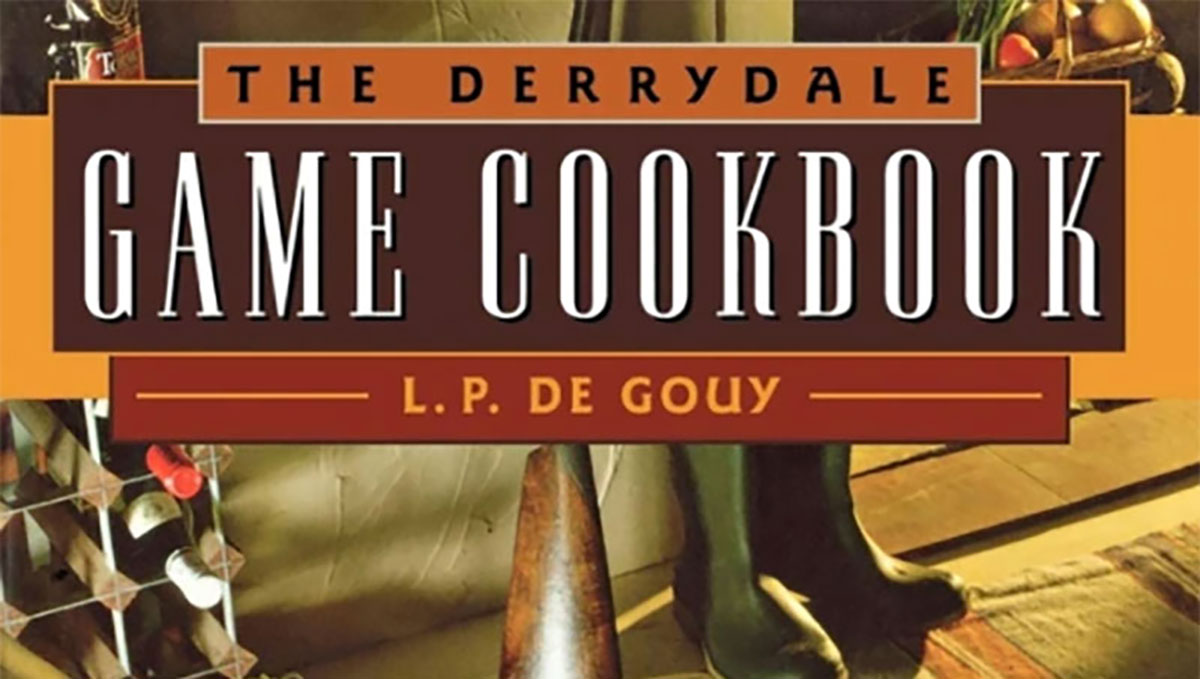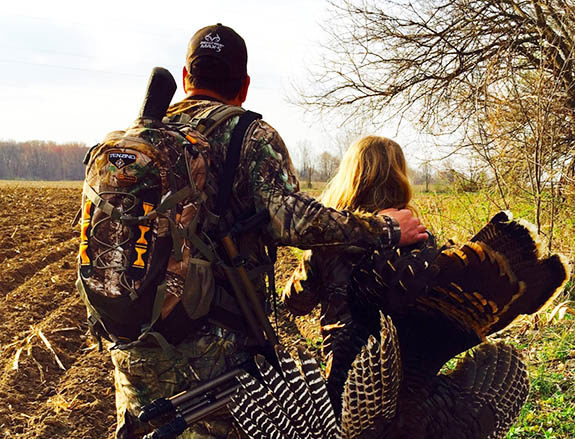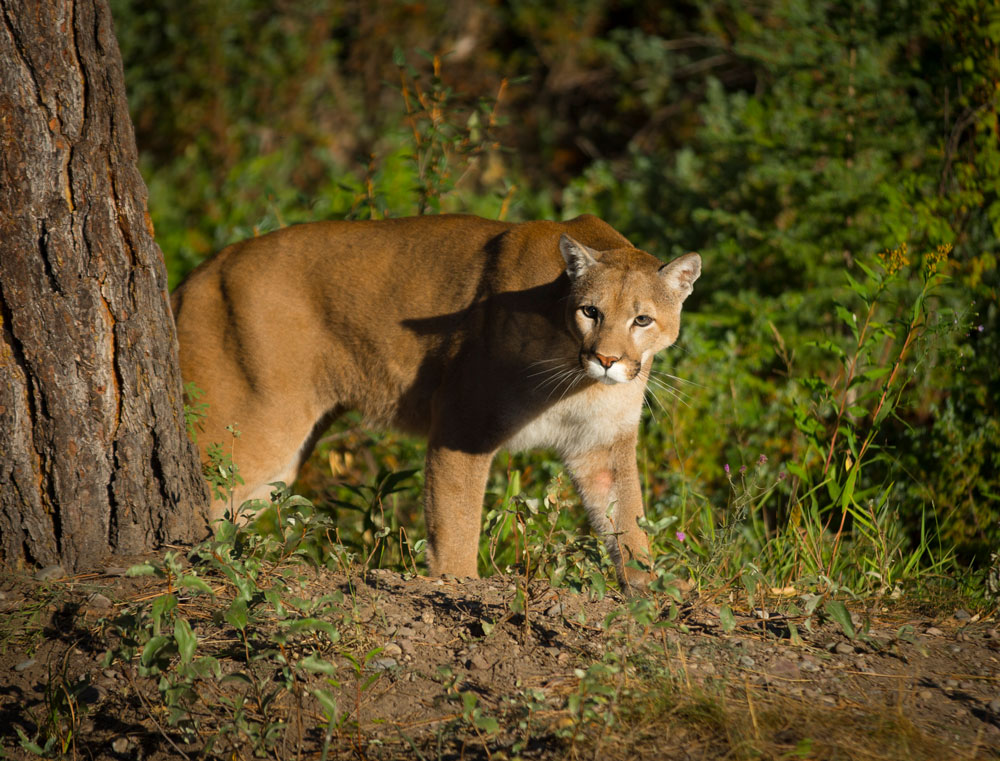If you are planning to include wild game recipes in your Thanksgiving menu this year, The Derrydale Game Cookbook offers a few tips to bring out the best flavors in your game meat.
1. An old guard of a game bird has no other place in cookery but to be used either for stuffing, forcemeat, hash or preparing stock.
2. It is advisable to “barde,” that is to cover with slices of bacon, larding-pork fat or ham fat, the breast of any game bird to protect it against the intensity of heat, as well as to enhance its flavor, when roasting it. This will also add to tenderness.
3. A pheasant, when young, has gray feet, the breastbone is flexible, and a sure sign of youth in a pheasant, as well as a partridge, is seen at the very end of the large feather of the wing which should be pointed; if round, the bird is old.
4. As a rule, unless otherwise indicated, the various methods of preparations of “mortified” game birds may be applied to one another, that is, certain methods of preparing a pheasant may be applied to a woodcock, or a snipe, especially when roasting.
5. A quail which is not plump and firm with fat will be tough. Use it for soup, dumplings, hash or stuffing.
6. A roasted wild duck is always eaten very rare, as in fact are all dark-fleshed game birds.
7. The roasting of a wild duck of whatever kind should be started in a very hot oven (450 degrees) and the bird cooked with a profuse basting. Slices of lemon and a fruit compote are the traditional accompaniment.
8. A wild duck is always singed and drawn, but not washed. Wipe it with a soft cloth (damp) within and without. Cut off the pinions and tie what is left of the wings to the body. A good way to prepare a wild duck is, instead of stuffing, to pepper and salt the cavity of the body, wash out with salad oil and lemon juice and put a scant tablespoonful of currant jelly or a half a dozen cranberries inside.
9. Broiled wild duck should be cleaned and wiped with a soft damp cloth inside and out. Split down the back and flatten the protuberant breastbone with the broadside of a cleaver; then leave it in a marinade of salad oil and lemon juice for an hour, setting it in a cool place. Without wiping it, broil under clear flame for no more than 20 minutes, turning often.
10. If a prairie hen be tough, put it – trussed for roasting – into a steamer and set over hard-boiling, salted water for half an hour. While still hot, rub it well with butter and lemon juice, salt and pepper, inside and out, and put in a small bit of fat salt pork in the cavity and roast in the usual way, in a quick oven (400-425 degrees) for 30 minutes, basting repeatedly with butter mixed with veal stock. Just before serving, rub with butter alone. In this way the dryness and toughness is mollified and you have a fine, tender roasted prairie hen.
11. A few drops of rum, brandy, Madeira or sherry wine, or even applejack, will always enhance a game sauce. Never try using whiskey, which does not associate well with food.
12. To prepare “essence” or extract of game bird, usually used to complete and finish a sauce or a stuffing, bones and trimmings are always used with the usual aromates (herbs and vegetables), and it is advisable to use only veal stock to stretch the liquid; being gelatinous it will add unctuosity to the essence, as well as smoothness; then and lastly the wine or liqueur is added according to directions.
13. Game, be it large or small, should be served instantly after being dressed on a hot platter, as it has then the quintessence of flavor enhanced by the heat.
14. A large grouse is best when roasted; a small one may be prepared in many methods and ways. A real gourmet never eats the legs of a small grouse; the second joint may be used for other preparations such as stuffing, forcemeat, souffles or dumpling.
Editor’s Note: These tips are excerpted from The Derrydale Game Cookbook, which is available in the Sporting Classics Store.
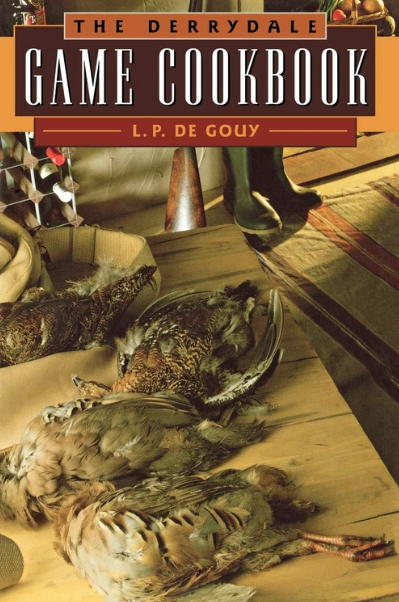 Like the hunting and fishing classics Derrydale published in the 1930s, this cookbook has only improved with time. This is a no-nonsense, practical guide to cooking virtually every kind of wild game with everything from simple recipes to gourmet level preparation.
Like the hunting and fishing classics Derrydale published in the 1930s, this cookbook has only improved with time. This is a no-nonsense, practical guide to cooking virtually every kind of wild game with everything from simple recipes to gourmet level preparation.
L.P. De Gouy is the author of the Pie Book, The Soup Book, Sandwich Exotica, The Derrydale Fish Cookbook and more. Buy Now

